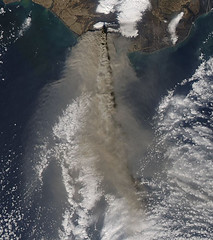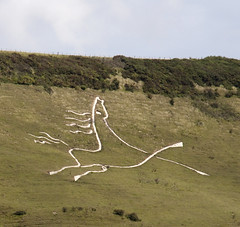
This blog has just received this award from one of the persons I've been following since I started blogging five months ago: Patricia Pérez Miguel, from Buenos Aires, Argentina. This means that for her, this blog is one of ten blogs worth visiting and I feel honoured! Thank you very much Patricia!
Here is my list of ten blogs worth visiting:
The English You Need Blog
Free Technology for Teachers
Larry Ferlazzo's Websites of the day
A Walk in the Words
Wordmall
Alpozo's Phonetic Blog
DCblog
Wordorigins
Mi cuaderno digital
Pasión en el hielo



.jpg)